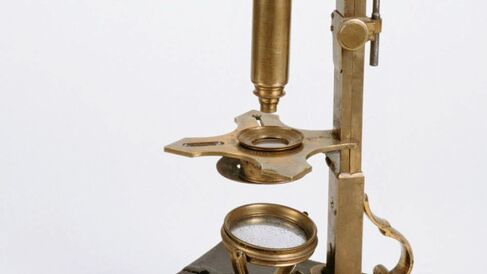Three Microscope Makers

The important role of instrument makers in the history of science is increasingly being acknowledged. Their practical knowledge is no longer seen as 'inferior' to theoretical knowledge, and in many cases the false distinctions between scientist and artisan have been removed. But instrument makers in the 18th-century had varying degrees of knowledge of natural philosophy. Some were involved in the work of scientific societies, some promoted natural knowledge, and some altered their instruments to cope with the demands of their clients. Individual makers sometimes combined several of these activities in their work.
